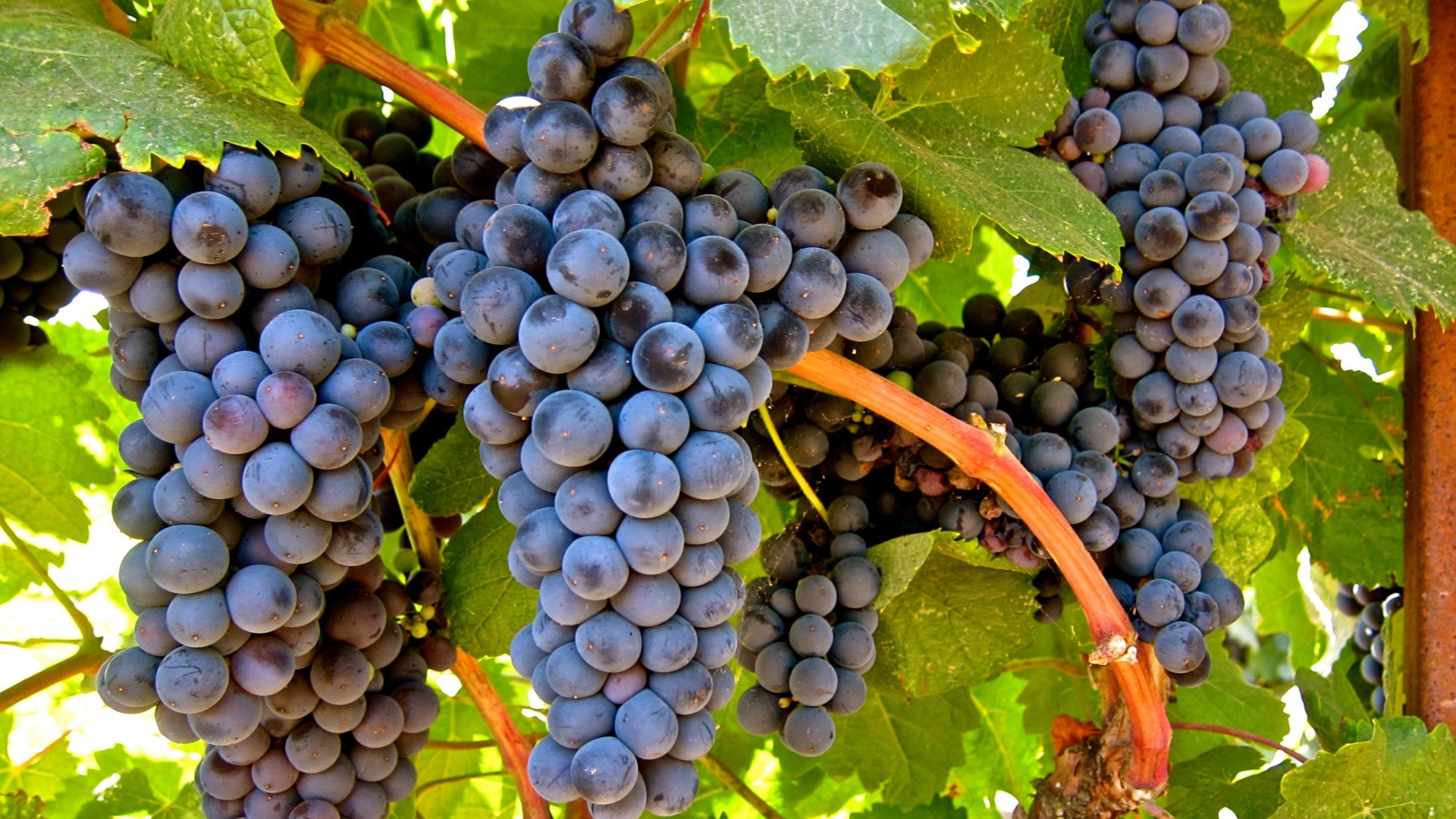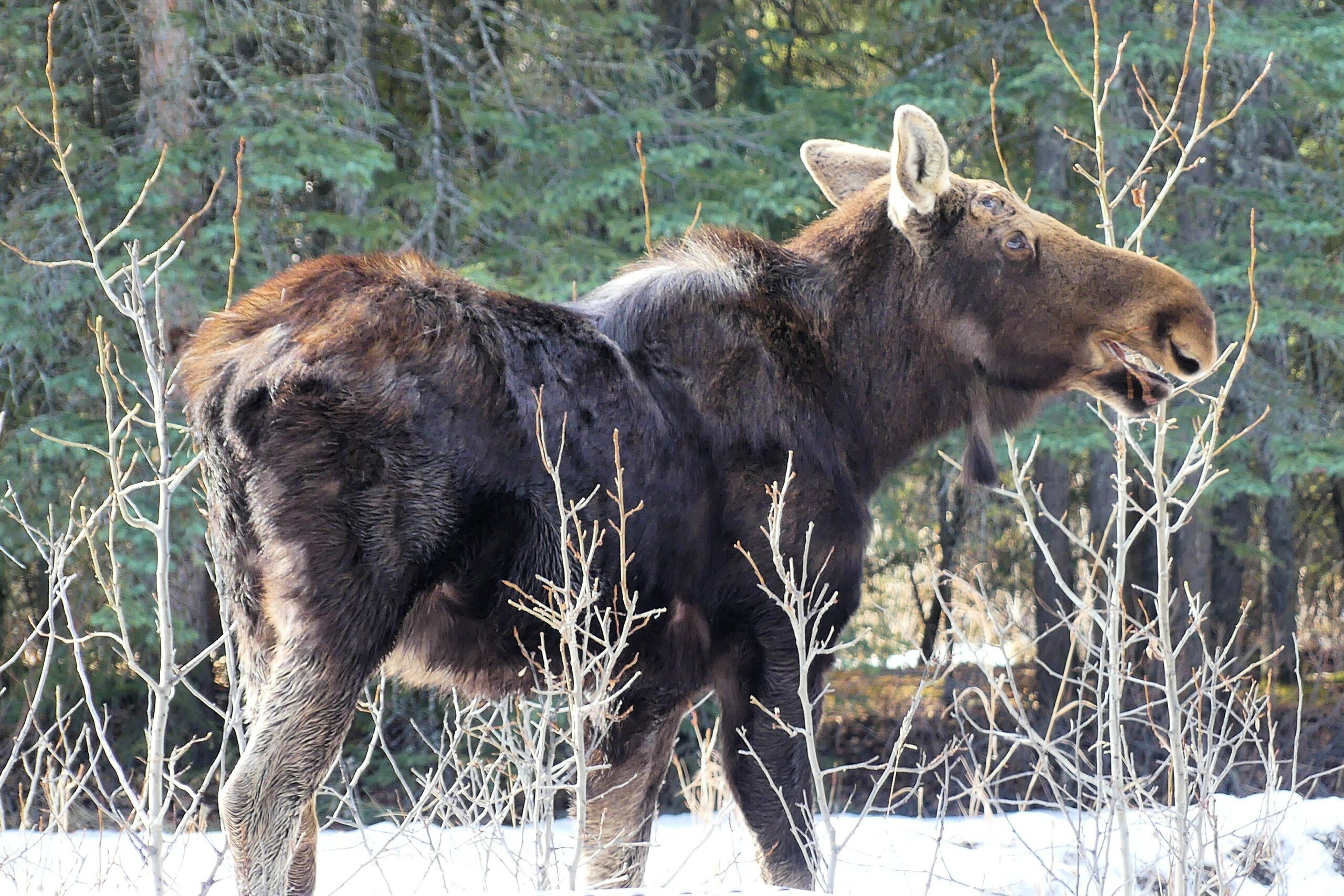“Hello Chestermere-Strathmore readers.
I wanted to chat about the world of coal policy here in Alberta. I know that with everything else going on, you do not need the stress of thinking that our beautiful and pristine mountains are going to be strip mined. I want to clarify the process and I want to thank our incredible Minister of Energy, Sonja Savage for providing this clarity, and instead of filling the beautiful people of this province with fear, she handles things with class, grace and the truth. Here is her statement:
“We have listened carefully to the concerns raised in recent days, and thank those who spoke up with passion.
“As a result, we will pause future coal lease sales in former Category 2 lands. The coal leases from the December 2020 auction will be cancelled.
“I want to be absolutely clear: Under the current terms, just as it was under the 1976 coal policy, coal leases do not allow for exploration, development or production without a comprehensive regulatory review. A lease holder has no more right to set foot on lease property than any other Albertan. The same rules apply now, as before.
“This pause will provide our government with the opportunity to ensure that the interests of Albertans, as owners of mineral resources, are protected.
“Coal development remains an important part of the Western Canadian economy, especially in rural communities, but we are committed to demonstrating that it will only be developed responsibly under Alberta’s modern regulatory standards and processes.
“This decision has no impact on existing coal projects currently under regulatory review.”
- Only projects that are deemed safe, responsible, worthwhile, and in the public interest will be permitted to move forward. A project proponent needs to prove that this is the case through public consultation and other regulatory processes.
- This is part of the Alberta Government’s commitment to responsibly develop our natural resources.
- Any project that moves forward must consider environmental, landowner and social impacts.
Leases are basically a stake in the ground that allows the proponent to move on with the process of coal development. The original coal policy that you keep hearing about from 1976 has been altered and changed many times over the years as our knowledge of environmental protocols, technology and processes have improved significantly as have the requirements for consultation and applications. The proponent of the lease can not even set foot on the leased area, and furthermore must then make applications to the AER, and get approvals from all levels of government-municipal, provincial and federal before exploration can even be thought of. These leases trigger all the protocols to protect special areas, robust consultation and environmental stewardship. The “Grassy” project started in 2013 after years of applications and continues to wait for approvals from the federal government. The regulator process is good and rigorous. The existing leases to mine for metallurgic coal which makes steel, were drawn up under previous governments with the same rigours protocols. Our province has had to follow the same protocols and regulations for oil and gas, and as you know we are never acknowledged for our resource stewardship outside of our province. Our environmental and social governance in this province is top notch, and these areas that are sensitive are protected under categories 1 and 2 of the coal policy. 1 means it can not be developed, and 2 means that only limited exploration is permitted with strict control. That is from the original policy in 1976. These blanket rules have been replaced with strong legislation and a regulatory process that is rigorous. We all want to protect this stunning part of our Alberta landscape. We all want to breath clean air, have clean water and air, and to be able to enjoy this beautiful and pristine province. We are the best in the world when it comes to resource stewardship, and we should never forget that. I know this is an important issue for Albertans, and I strongly encourage you to visit CoalHardFacts.ca for more information.








